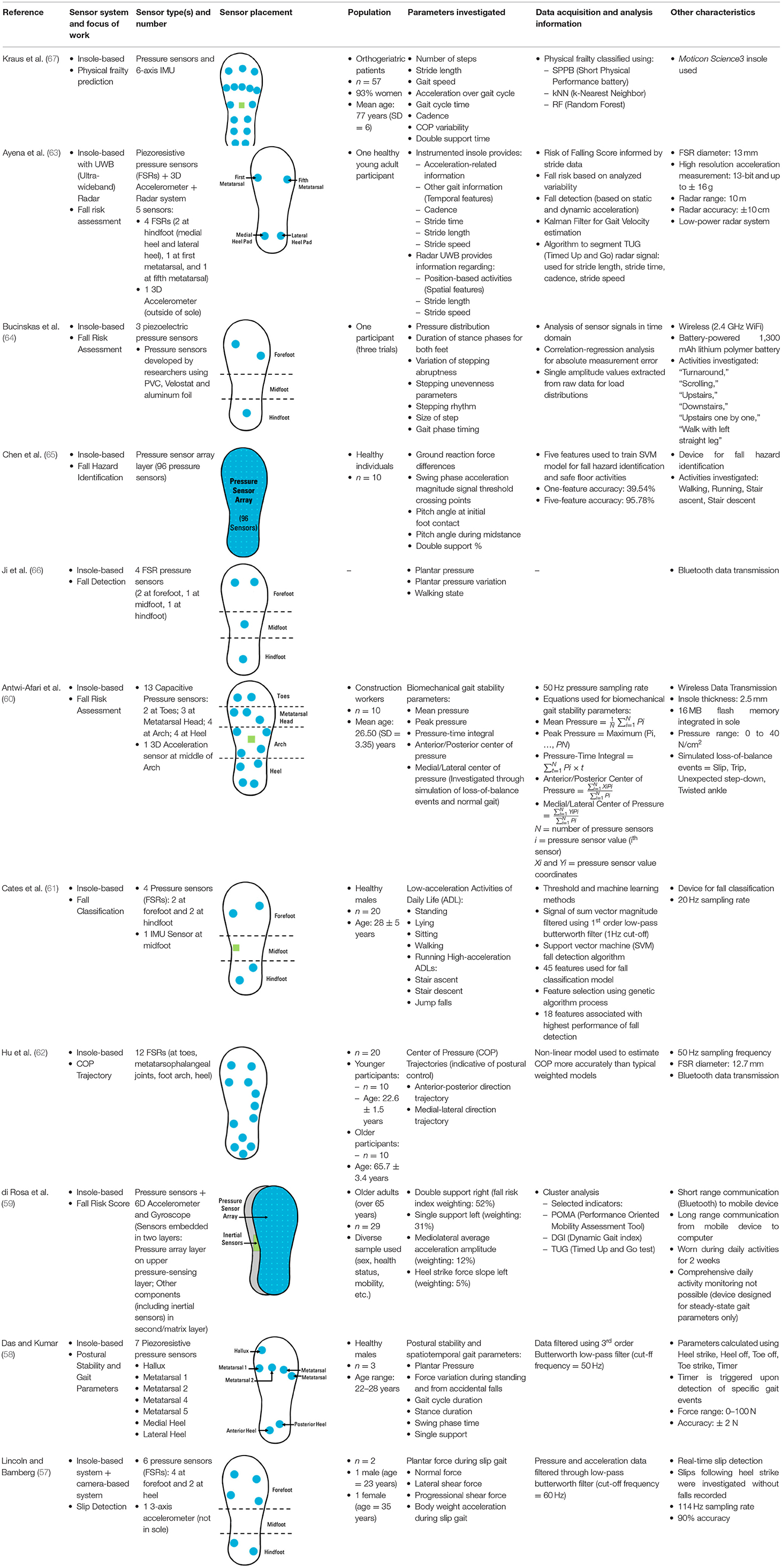Dementia Fall Risk - The Facts
Dementia Fall Risk - The Facts
Blog Article
Not known Facts About Dementia Fall Risk
Table of ContentsThe 8-Minute Rule for Dementia Fall RiskDementia Fall Risk - TruthsWhat Does Dementia Fall Risk Mean?The 15-Second Trick For Dementia Fall RiskDementia Fall Risk Can Be Fun For Everyone
Assessing loss risk helps the whole medical care group develop a more secure atmosphere for each and every person. Guarantee that there is a marked area in your clinical charting system where personnel can document/reference ratings and record relevant notes associated with fall prevention. The Johns Hopkins Loss Threat Analysis Tool is just one of many devices your staff can use to assist prevent unfavorable medical events.Person drops in hospitals are typical and incapacitating damaging occasions that continue despite decades of initiative to decrease them. Improving interaction throughout the examining nurse, care group, patient, and patient's most entailed loved ones may strengthen loss prevention efforts. A group at Brigham and Female's Healthcare facility in Boston, Massachusetts, sought to establish a standardized fall prevention program that centered around enhanced interaction and patient and family members engagement.

The advancement group highlighted that effective execution depends on patient and staff buy-in, combination of the program right into existing operations, and integrity to program procedures. The group kept in mind that they are coming to grips with how to guarantee connection in program implementation during durations of situation. During the COVID-19 pandemic, for instance, a boost in inpatient drops was related to restrictions in client involvement together with limitations on visitation.
What Does Dementia Fall Risk Do?
These occurrences are typically considered avoidable. To implement the intervention, companies need the following: Accessibility to Loss TIPS sources Fall pointers training and retraining for nursing and non-nursing personnel, consisting of brand-new nurses Nursing workflows that allow for client and family members interaction to carry out the falls evaluation, ensure use of the prevention plan, and carry out patient-level audits.
The outcomes can be highly detrimental, typically accelerating client decrease and causing longer medical facility remains. One research study estimated stays increased an extra 12 in-patient days after an individual fall. The Loss TIPS Program is based on engaging clients and their family/loved ones throughout three main processes: evaluation, customized preventative interventions, and auditing to guarantee that individuals are engaged in the three-step fall prevention process.
The person evaluation is based upon the Morse Autumn Scale, which is a confirmed fall threat analysis tool for have a peek at this site in-patient healthcare facility settings. The scale consists of the 6 most common factors patients in medical facilities drop: the client autumn history, high-risk conditions (including polypharmacy), use of IVs and various other exterior gadgets, psychological standing, stride, and movement.
Each threat element links with several workable evidence-based interventions. The nurse creates a plan that incorporates the interventions and shows up to the care group, person, and household on a laminated poster or published visual aid. Registered nurses develop the strategy while meeting the client and the patient's family.
An Unbiased View of Dementia Fall Risk
The poster functions as an interaction device with various other participants of the person's treatment group. Dementia Fall Risk. The audit part of the program official source consists of assessing the patient's understanding of their risk elements and prevention plan at the system and health center degrees. Nurse champions conduct at the very least 5 specific interviews a month with clients and their families to look for understanding of the fall prevention strategy

An approximated 30% of these drops result in injuries, which can range in intensity. Unlike other negative occasions that call for a standard clinical feedback, loss avoidance depends extremely on the demands of the client.
Excitement About Dementia Fall Risk

Based on auditing results, one website had 86% conformity and two websites had more website here than 95% conformity. A cost-benefit evaluation of the Loss suggestions program in eight health centers estimated that the program cost $0.88 per individual to apply and resulted in savings of $8,500 per 1000 patient-days in direct prices associated to the avoidance of 567 drops over 3 years and 8 months.
According to the development group, organizations thinking about carrying out the program needs to carry out a preparedness evaluation and falls avoidance gaps evaluation. 8 Furthermore, companies must make certain the required facilities and process for application and develop an implementation plan. If one exists, the organization's Fall Avoidance Job Pressure ought to be associated with preparation.
Excitement About Dementia Fall Risk
To begin, organizations ought to ensure conclusion of training modules by registered nurses and nursing assistants - Dementia Fall Risk. Hospital team need to examine, based upon the needs of a health center, whether to make use of a digital health record hard copy or paper version of the autumn avoidance plan. Applying groups ought to hire and educate registered nurse champs and establish procedures for auditing and reporting on fall data
Staff need to be involved in the process of upgrading the workflow to engage people and household in the analysis and prevention plan procedure. Systems needs to remain in location so that devices can understand why a loss took place and remediate the cause. Much more particularly, registered nurses must have channels to provide ongoing comments to both personnel and unit leadership so they can change and boost loss avoidance operations and connect systemic issues.
Report this page